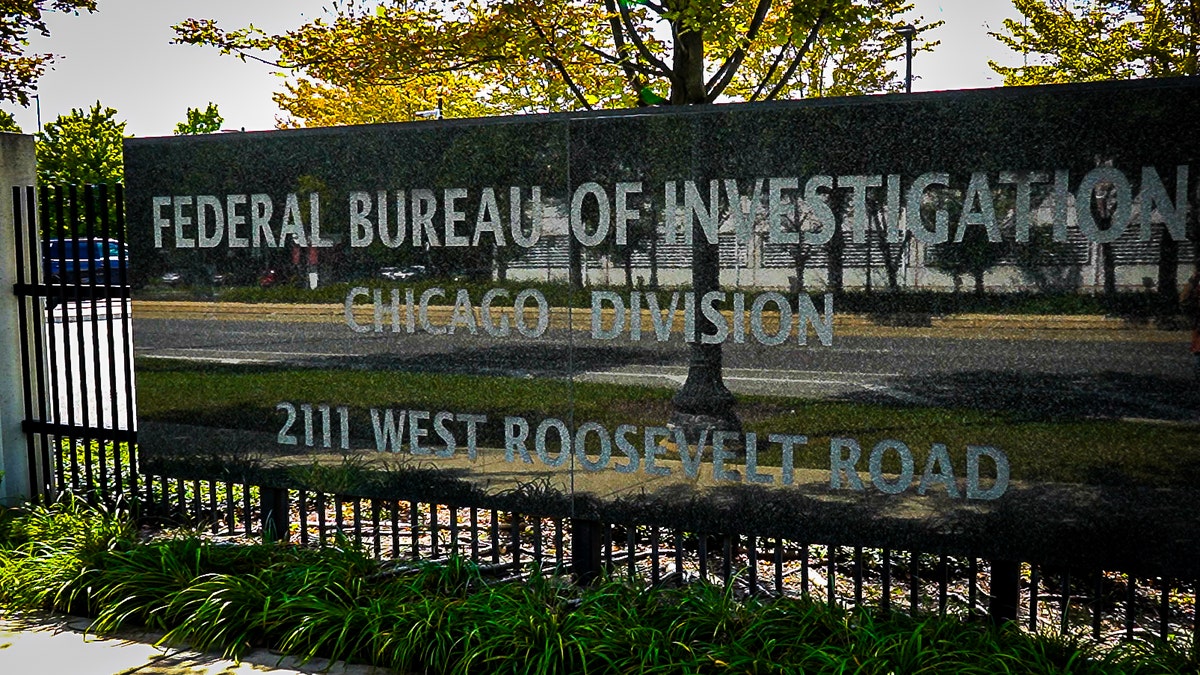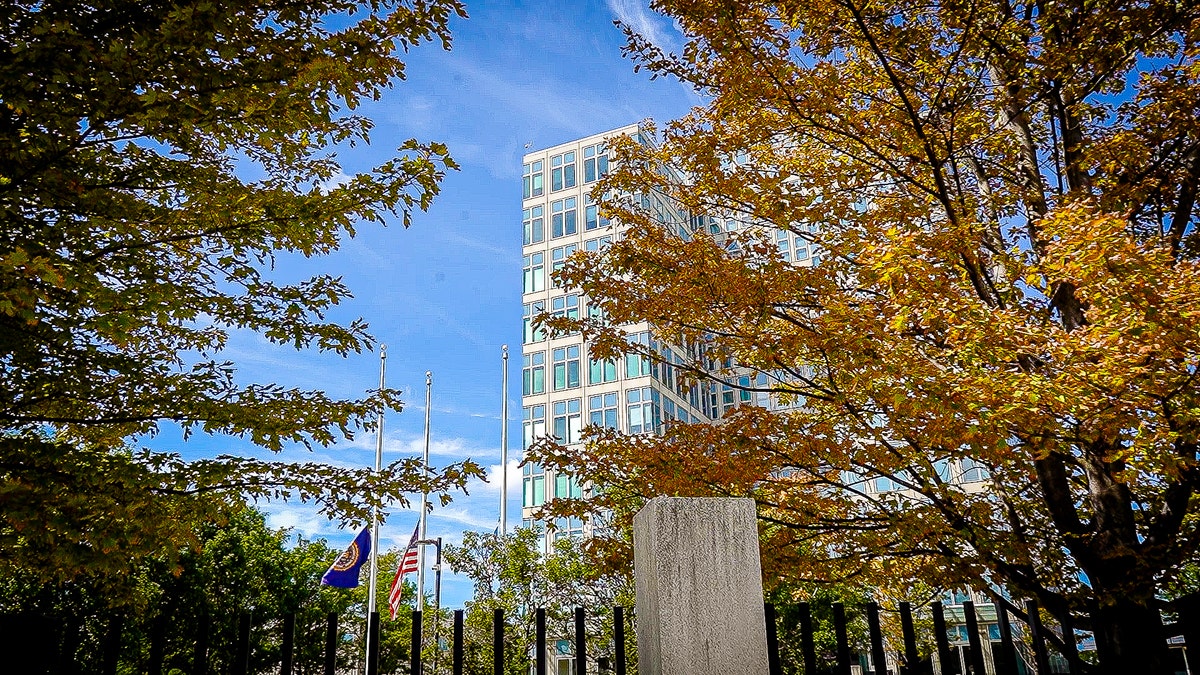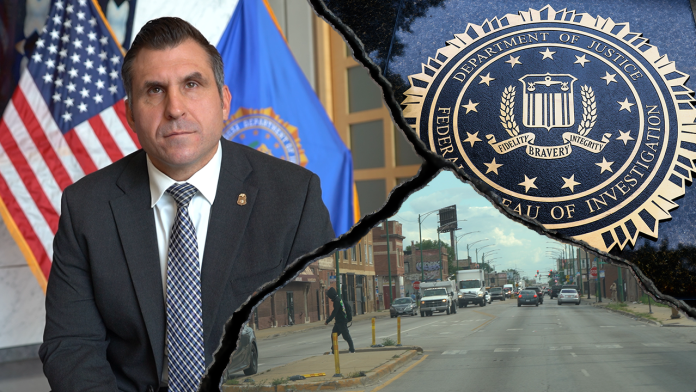NEWYou can now listen to Fox News articles!
An FBI special agent based in Chicago gave Fox News Digital a deeper look into the bureau’s operations combating violence as the Windy City continues to make headlines for its crime wave.
“In the city of Chicago, what I deal with most frequently are carjackings, commercial robberies, and our fugitive program. But along with that is the illicit drug trade. So narcotics, unfortunately, are at epidemic levels all over the country,” Assistant Special Agent in Charge Robert Wieczorek said.
Wieczorek works from the FBI’s Chicago Field Office.
“Chicago’s a very attractive destination because it’s geographically centrally located. You can use that as a distribution hub. Chicago specifically, we have interstates that run north and south, east and west. We have a robust railway system. We have two international airports. We have smaller airports. We have Lake Michigan. We have rivers,” he said.
TOP CHICAGO OFFICIALS DEMAND CRIME CRACKDOWN AS MAYOR FIGHTS TRUMP OVER LOOMING TAKEOVER: ‘100% NEED HELP’
Wieczorek stressed that Chicago’s location gives drug traffickers plenty of opportunities to utilize the city as a “base of operations.”
“Along with that, we also have a large end-user market,” he went on to say. “And that is driven by street gangs, which creates another problem, because that drug trade is driven by violence. A lot of our neighborhood violence is accentuated and is a byproduct of the drug trade, whether that’s on a neighborhood-by-neighborhood basis or a larger distribution network.”
During the summer months, the FBI engages in a national initiative, Operation Summer Heat, to reduce violent crime. This is done in close coordination with local authorities, including the Chicago Police Department and Illinois State Police, to target gangs, violent offenders, and the drug trade.
According to FBI Deputy Director Dan Bongino, Operation Summer Heat has resulted in over 6,000 arrests nationwide since its inception in June.

“All 55 fields of office are participating in it, where we are aggressively combating violent crimes wherever it comes, and it comes in all forms, so crimes against children and fugitives and streaking violence,” he said.
“Specifically, in the crimes against children field, we had Operation Restore Justice, which was a multi-agency operation led by the FBI, where, for multiple operational cycles, we prioritize surging resources towards identifying and finding sexual predators,” Wieczorek added.
President Donald Trump and his administration have floated sending in National Guard troops to Chicago to combat crime.
CHICAGO RESIDENTS BEG FOR MORE HELP AS CRIME WREAKS ‘HAVOC’ ON NEIGHBORHOODS
Trump issued another Truth Social post Tuesday morning, labeling Chicago the “murder capital.”
Trump doubled down on his sentiments later in the Oval Office, and said that places like Afghanistan “don’t even come close” to the crime in Chicago. Additionally, he said he had decided to send National Guard troops to Chicago, despite Illinois Gov. JB Pritzker’s opposition.
FBI officials declined to weigh in on a potential National Guard presence in Chicago. However, Wieczorek did say that the FBI will try to identify a “federal nexus” to help local authorities in high-crime areas.

“A lot of the violent crimes in the city tend to be state and local crimes, like a shooting at face value is a local and state crime,” the special agent explained.
“So, for example, it is illegal for a felon to be in possession of a firearm. So, if you’re a known felon, and you’re on the radar of the FBI, or our partners have put this individual on our FBI, on our radar because of the violence that they’re driving in the neighborhoods, if they get in a shooting, then we now have a federal nexus to investigate that gun violation,” he continued.
He told Fox News Digital that they value human intelligence, as it is the best asset when investigating a crime. Wieczorek noted that people can either call their nearest field office or stop by in person.
“Every local field office has a duty agent that is there to engage with the public because some of our best tips, some of the best information,” he said. “There’s a lot of neighborhoods and communities that [is] really hard for law enforcement to penetrate. But a concerned citizen—someone who cares about their community—who has some information, that’s the greatest asset we can have.”
Read the full article here


